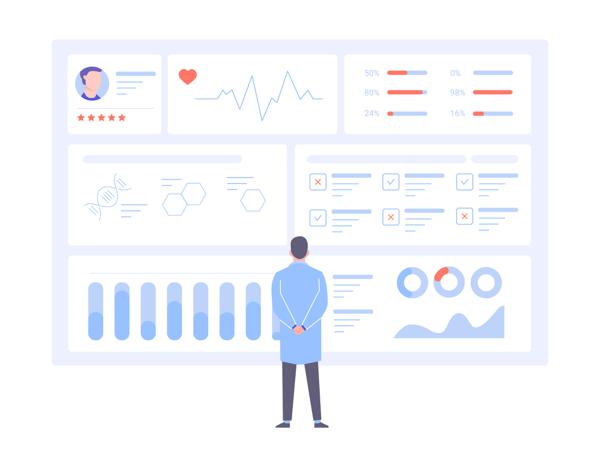How AI Helps Validate Life Science Hypotheses
In this interview, Dr. Jackie Hunter, CEO at BenevolentAI, provides insights into how the company’s AI-driven platform helps scientists create and validate complex research hypotheses faster and more efficiently.
Choosing the wrong targets is among the key reasons drug candidates fail at Stage II and Stage III clinical trials. BenevoletAI is using artificial intelligence to analyze publicly available research data and some proprietary data, for example, patent databases, to derive insights necessary to make more efficient decisions about target validation.
The data from multiple research literature, databases and patents is fed into AI system for analysis. The company uses specialized biomedical dictionaries to annotate entities and recognize them in the digested data flow, of which around 80% is unstructured data, i.e. text.
Using machine learning techniques, the system is able to understand the context in which each entity occurs in the data, and then find relations between biological entities.
As Jacking Hunter is saying: “The sentence “...gene X was looked at in expression of cells in Alzheimer’s disease...” actually tells you nothing about the relationship whereas “...gene X is upregulated in cells from outside the disease...” is a positive relationship”.
Than AI comes into play by feeding those found relationships into a knowledge base and then using it to derive insights about unknown and even hardly imaginable relations. Or, on the contrary, AI can help identify the relationships that we know must exist, but they are not yet found by scientists. According to Jackie Hunter, there is an analogy with The Periodic Table of Elements. When it was discovered, there were gaps in data, missing elements. They were, however, predicted based on the known at that time relations between discovered elements. And later, the predictions were confirmed experimentally.
By analyzing all the data from different therapeutic areas, BenevolentAI says it is able to create better testable hypotheses of new targets and diseases, or repurposing drugs that failed in one disease for another.
It is important to know that while AI can find hidden data relations, some of those relations might not make sense in terms of making the right conclusions. In order to sift through the right and wrong data relations found and hypotheses suggested, actual human scientists come into play to assess hypotheses and make final research decisions. In this case, AI is helping to substantially accelerate the hypothesis validation process and make it more data-backed.
In the video, Jackie Hunter explains a lot more about BenevolentAI methodology and provides examples of use cases and areas of application.
Topics: Emerging Technologies


Comments:
There are no comments yet. You can be the first.
Leave a Reply cancel reply
Your email address will not be published. Required fields are marked *